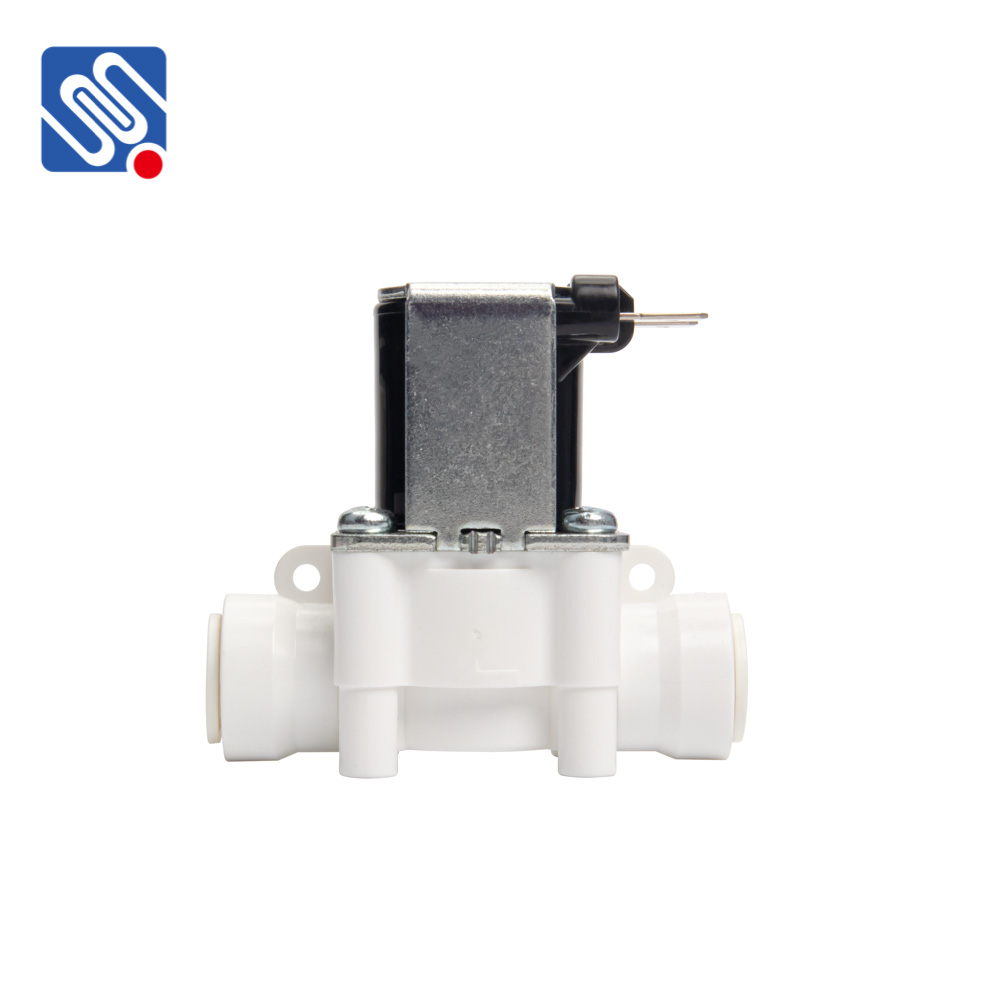filtration system solenoid valve: key components and the role of meishuo
Release time:2025-05-20 17:26:39
A filtration system is a critical element in many industries, including water treatment, oil refining, pharmaceuticals, and manufacturing. It ensures that contaminants and impurities are removed from fluids or gases, providing clean and safe outputs. One of the key components of filtration systems is the solenoid valve, an electromechanical device used to control the flow of fluids or gases. Among the brands that excel in providing high-quality solenoid valves for filtration systems is Meishuo, a leader in industrial valve solutions. This article explores the importance of solenoid valves in filtration systems, the role of Meishuo, and how they contribute to the efficient operation of these systems.

Understanding Filtration System Solenoid Valves A solenoid valve is a valve that is operated by an electric current through a solenoid coil. In filtration systems, solenoid valves are used to automate the flow control of fluids through the filtration unit. These valves are crucial for processes like starting or stopping the flow, diverting fluid to different paths, or maintaining a specific flow rate. They provide precision, reliability, and speed in regulating the flow of fluids or gases, which is especially important in automated systems that require real-time adjustments. The operation of a solenoid valve is simple yet effective. When an electric current passes through the solenoid coil, it generates a magnetic field that causes a plunger or armature to move. This movement opens or closes the valve, allowing or blocking the flow of the fluid. Solenoid valves come in different configurations, including normally open (NO) or normally closed (NC), depending on the desired flow behavior. In filtration systems, solenoid valves are often employed in conjunction with sensors, controllers, and other equipment to ensure optimal performance.

